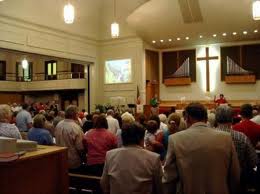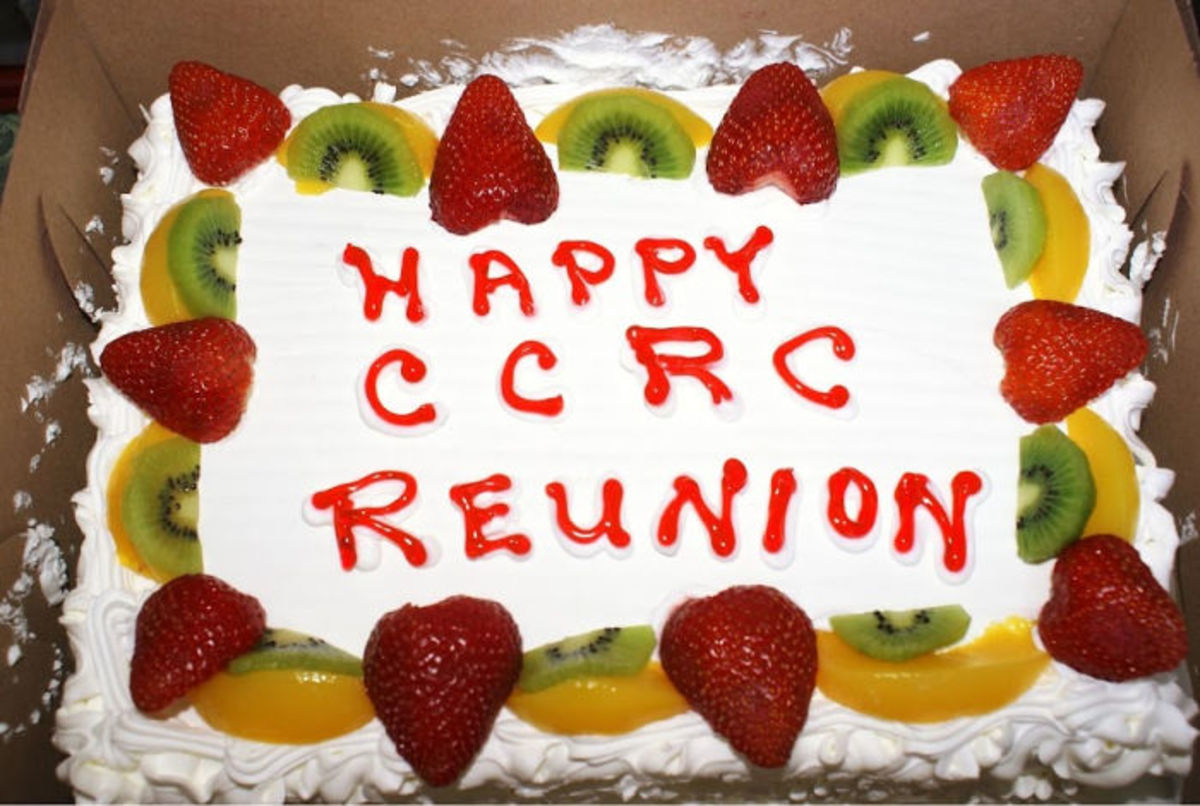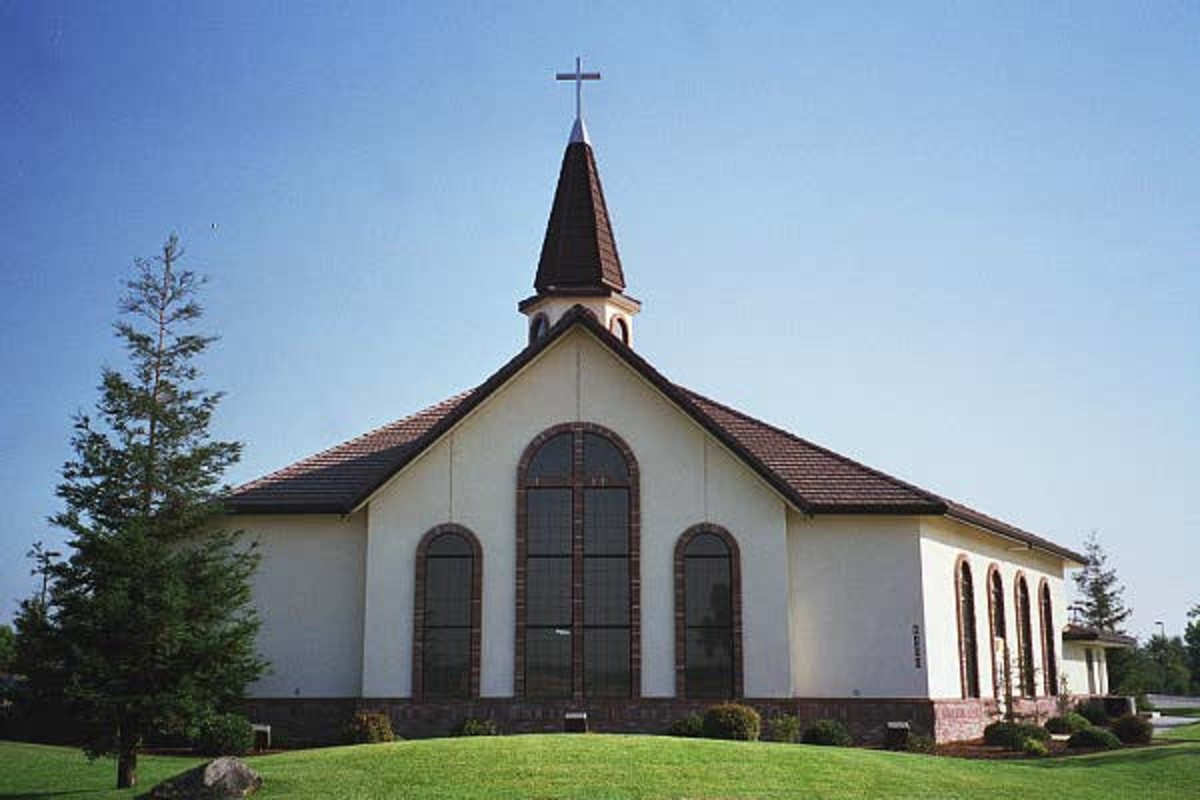In-Home "Organic" Churches

Save the Christians
Over 1 million Christians leave the institution of church each year, reaching a staggering 112 million reported Christians that do not attend church. An even higher number do not attend church regularly. These numbers speak volumes about a growing trend in leaving the church and not because a lack of faith or spirituality, but the church itself.
Many of these wandering Christians may find what they are looking for within an Organic church, or in-home churches. Organic churches are a more personal, community driven church that enables everyone to be an active, functional, and participating member. There is no pastor and no pews. Jesus Christ is the leader and spirituality is the format. There are no scripts, no agendas, and no chain-of-command.

- Organic Church Today
Organic Church Today is a Christian Social Networking Community for you to share your thoughts and passions with the body of Christ.
Going Organic
The term Organic church was coined from the perception of current churches being ran as an organizational business, man-made in other words. Founders of Organic churches are beginning from the roots up. Actually, they view it as planting a seed and growing a tree from that seed, the fruits being the people, which is a completely organic process.
You can also view it this way: Institutional churches run the church similar to a company- they need to make money, they are driven by hierarchy, set guidelines, rigid routines, and a few individuals decide for the majority. This does not resemble the experience Jesus had meeting with others. Whereas Organic churches are close-knit and enjoy a community life that many institutional churches are lacking presently. In the distant past, the only churches around were Organic, so this is not a new idea in general, just new to the 21st century.

- Reasons Why People Quit Church
Church isn't for everyone, even those of us with a pure heart, decent morale, and good intentions. There is another place where some belong, under the title 'Spiritual, but not religious'. That term was...
God in church?
People are getting lost in big churches, even small churches as well, where both seem to have a hierarchy and robotic, sterile feeling. Joy, community, and spirit have left the building and the Christians are flowing out the doors too.
Instead of condemning, ignoring, or passing judgment to those who leave, churches and their leaders should be investigating the commonalities in what makes them leave. There are very fixable approaches and solutions. For example, I wrote a hub (link to the right) about reasons why people leave the church (some are funny, others serious). This hub garnered a lot of comments. Many were from people who could relate and others who warned me I'd be going to hell in a hand-basket, I was superficial, or not strong enough in my faith to look past toxic people and situations in the church. Only one comment was from a pastor who said 'thanks for putting this info out there, it's a good resource for churches to realize where they are going wrong'. I would just like to point out that statistic above again- over 1 million people leave the church each year. So maybe, it's not just me.

- Losing Church and Finding God
Those that have been burned, figuratively speaking, by the church sometimes lose God in their lives. If they're lucky they find a better relationship with him outside of church. I'm happy to say I've reached...
Christians versus Christians
With over 11 million people involved with some form of an Organic or in-home church, there are still Christians (from institutional churches) who doubt it's survival and fear people ultimately losing their faith altogether. Perhaps they are valid in thinking people who have given up on the typical church and seek an in-home church may also become disappointed in that and give up on God.
It's sad to believe that people would drop their belief in God simply because they don't have a church to attend. Is church that crucial? The Christians that fear other Christians will lose their faith ultimately, after the Organic church movement bursts, are underestimating the power of God and instead they are placing the power in man, or the church. There are people who do not need church to believe in or worship God. There is life (and God) after church.
Christians were once simply Christians, people who attended the typical church. Then, many started leaving the church, but still believing in God, which was questionable in some Christian's eyes. Now with many Christians starting and finding in-home or Organic churches, there becomes and even greater divide within the Christian community.
Come together over God
There is no best way to worship God. Just as there are differences in how people learn or various environments they flourish in, there are bound to be differences in how people worship God. Some people want the community feeling, which is void in most typical churches. Some people want to feel joy and worship, which is not present in all churches either. When I was a kid I thought church was nap time because that's what I did when I went. I know adults who take a nap in church too. As an adult, I want more from church than to just say I went and met my quota. It all boils down to what you want (maybe you need the nap), but we should not forget, God should still be the center of it all.
- The Devil Goes To Church Part 1
Hi fellow Hubbers. I wanted to publish a hub yesterday, but was drawing blanks. Then one of my followers,Valeriebelow was exchanging remarks with me, and low and behold she turned on a light. I follow her...








